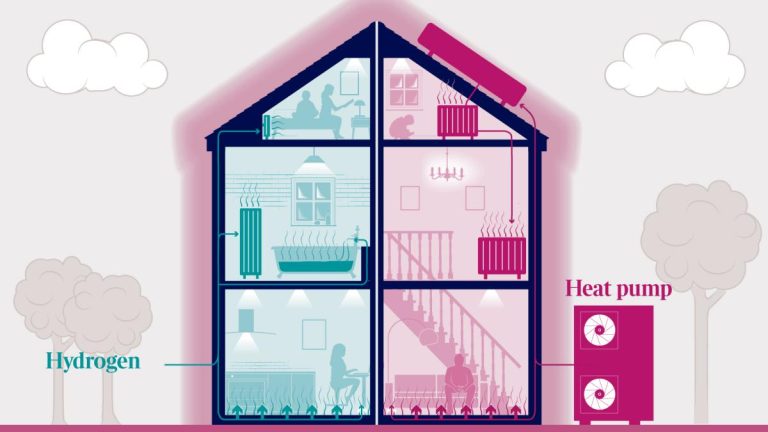Exclusive opinion poll finds key political background seats backing hydrogen heating as a means of hitting Net Zero targets, avoiding unaffordable, upfront costs of the alternatives, saving the UK £35 billion. The YouGov poll was commissioned by not-for-profit trade body Energy and Utilities Alliance (EUA), to examine a range of questions about the UK’s energy future. Excluding ‘Don’t Knows’, 85 per cent of the 1600 residents across 18 Red Wall seats in the north of England back Government plans to allow hydrogen to be blended with natural gas to reduce carbon emissions in the home, from 2023. This figure rises to 92 per cent of Labour voters. These findings support the recent publication by the Energy Networks Association of their “Hydrogen Blending Delivery Plan” launched last week. Hydrogen can be safely blended into the natural gas network at levels up to 20 per cent without any changes required to gas boilers, cookers or fires, meaning consumers can reduce their carbon footprint automatically. Across the UK, this offers the potential of a 6 million tonnes a year carbon saving. Commenting on these findings, Mike Foster, CEO of EUA said: “We have always believed the great British public want to do their bit on reducing carbon but are worried about the costs and don’t trust some new technologies. Blending hydrogen into the gas network has been given a huge thumbs up from voters.” “They can continue to use their gas boilers, cookers and fires as they do now, and their carbon emissions will be cut, with them doing nothing. It’s a real win-win situation that is recognised by voters, already struggling with energy bills and having no spare cash for expensive alternatives to gas boilers.” “And the impact is huge. Across the UK’s 23 million homes, it amounts to 6 million tonnes a year saved – the same as taking 2.5 million cars off our roads. Instead of switching 3.5[1] million homes from gas to heat pumps, to save the same amount of carbon, at a cost of £35 billion[2], consumers can simply keep warm knowing that the switch to hydrogen is helping to save the planet.” For more information, visit www.eua.org.uk [1] A gas boiler typically emits 1.58 tonnes of carbon dioxide more than an Air Source Heat Pump. [2] The Prime Minister and BEIS calculate the cost of buying and installing a heat pump is £10,000 per household.






